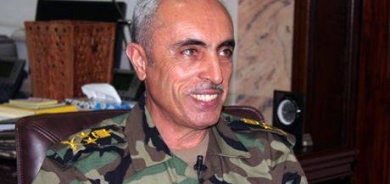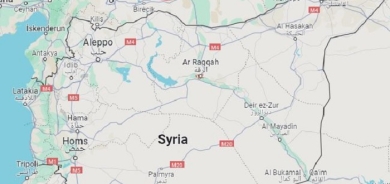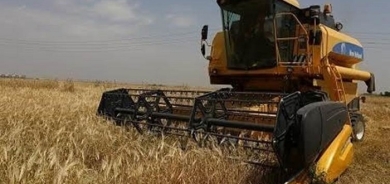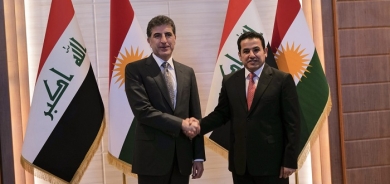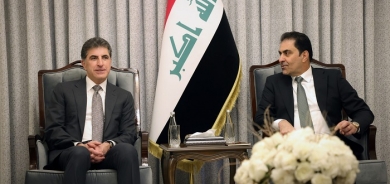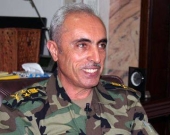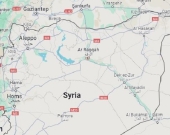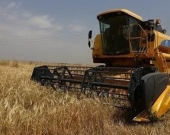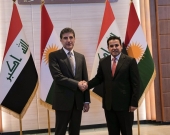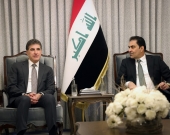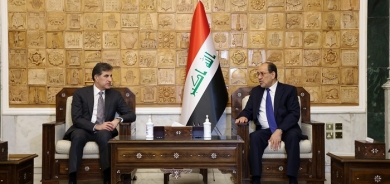No Confidence in Maliki?
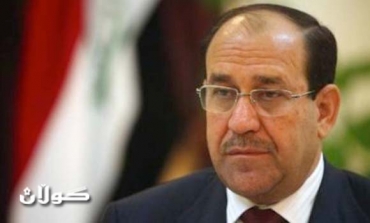
For example, an Associated Press piece last week entitled "Al-Maliki Quickly Losing Trust in Iraq" characterized the "root" of the current "stand-off" in Iraqi politics as the "unresolved power struggle between Iraq's three main groups: the majority Shiites and minority Sunnis and Kurds."
The AP report added that "Al-Maliki, a Shiite, is under fire for breaking promises to share power with his partners in a unity government that includes the Sunni-dominated Iraqiya bloc, Kurdish parties and loyalists of radical Shiite cleric Muqtada Al Sadr.'
What the AP report and other news organizations have in mind is the current talk of a no-confidence vote against the premier. The MPs who are raising this prospect include members of Iraqiya -- led by Maliki's rival Ayad Allawi and featuring the Speaker of the Parliament Osama al-Nujaifi -- Massoud Barzani and Muqtada al-Sadr, both of whom are allies in Maliki's coalition.
On this basis, al-Arabiya writer Musa Keilani declared that Maliki "is facing an alliance of four major political blocs in a confrontation that could bring down his government and produce a new interim prime minister."
However, these reports are generally based on sensationalist narratives, and in the case of the AP, there is too much focus on the sectarian paradigm. None of this is to deny that the four aforementioned figures in Iraqi politics have publicly criticized the prime minister and are toying with the idea of a no-confidence vote, but the evidence suggests that Maliki is likely to emerge from this crisis unscathed.
To begin with, the media reports overlook internal divisions within the factions of Maliki's opponents. In particular, Iraqiya can only be called a political bloc in the loosest sense of the word. It is a coalition that is torn by infighting, with constant reports of defections and splits, something that was partly the reason behind the bloc's eventual decision at the end of January to end its boycott of the parliament.
In addition, certain key members of Iraqiya such as the deputy Prime Minister Saleh al-Mutlaq, who in December issued overblown statements comparing Maliki to Saddam, have effectively reconciled with Maliki.
This is not to say that the concerns over Maliki's behavior raised by members of the opposition are not justified. One can point to many signs of monopolization of power in the premier's hands. For example, he is still maintaining his hold on the positions of defense and interior ministers that should have been granted to Allawi's bloc as per the Arbil agreement forged by Barzani. Further, as Judith S. Yaphe points out, "As the U.S. military, in particular the U.S. Special Forces, transferred responsibility to their Iraqi counterparts, Maliki created several special brigades within the army as counter-terrorism brigades and moved them out of the defense ministry to report directly to him." None of this, however, makes Maliki the equivalent of Saddam.
Amid the talk of a no-confidence vote, Al-Sumaria News reported that several MPs from Iraqiya came out in support of the premier, including Ibrahim al-Muhairi -- an Arab MP from Kirkuk -- and Yassin al-Obeidi, also from Kirkuk. Meanwhile, the Iraqiya Hurra bloc, which in April split from the White Iraqi National Movement (a bloc that defected from Iraqiya last year), has urged lawmakers from Ninawa, Salah ad-Din, and Diyala, among other places, to reject a no-confidence vote against the premier.
This Sunni Arab and Iraqiya support for Maliki -- undermining the AP's obsession with sectarianism -- exists for two reasons. First, these backers appreciate Maliki's stance on dealing with the Kurds, towards whom Maliki has adopted a delicate and careful carrot-and-stick approach.
While the premier has made a number of concessions (e.g. allowing the Peshmerga to annex the disputed Khanaqin district in Diyala province last year), he is also perceived to have taken tough stances on issues like Kirkuk and what is considered to be illegal exportation of oil by the Kurdistan Regional Government, such that he is seen by many Shi'a and Sunni Arabs as someone who will preserve Iraq's territorial integrity. This was the rationale given by the Iraqiya MPs who signed a statement in support of maintaining Maliki's position as premier.
Second, there is growing frustration among Iraqiya members with Allawi, who spends much of his time abroad and is detached not only from the situation on the ground but also from ordinary members and supporters of his own bloc.
As for Muqtada al-Sadr, it is certainly true that he has made numerous fiery statements against the premier, declaring in Najaf that the move to withdraw confidence from Maliki's government is an act of "divine will."
However, as is the case with Iraqiya, members of the Sadrist movement have come out in support of Maliki. This includes Grand Ayatollah Kazem al-Haeri, who, viewed as a spiritual leader by many Sadrists, issued a fatwa against voting for secular candidates and implicitly forbidding withdrawal of support for Maliki.

